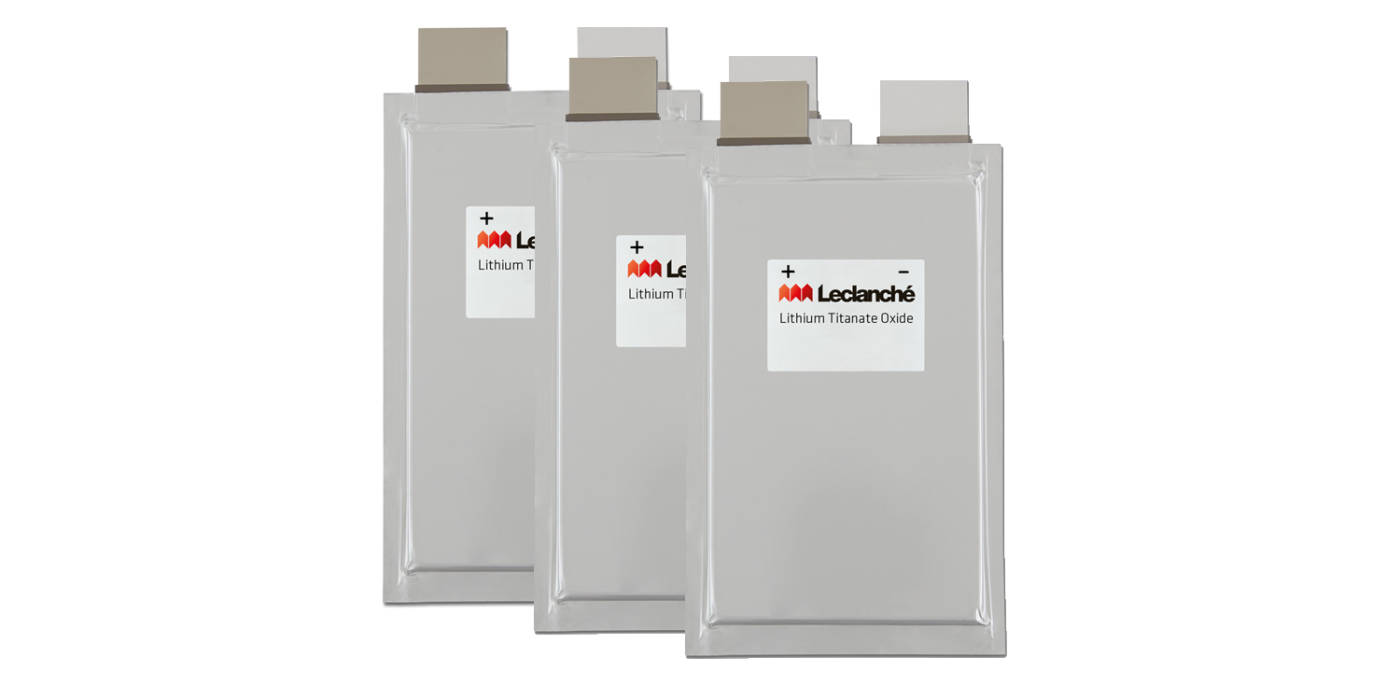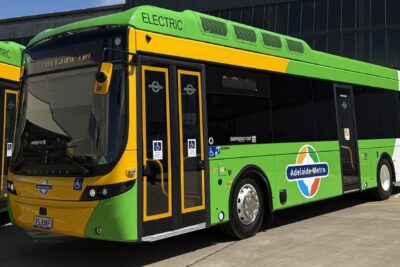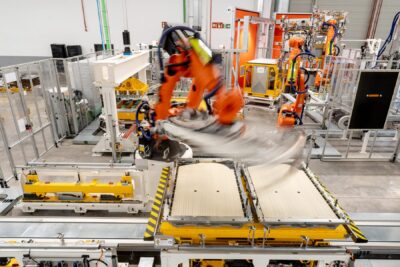Leclanche & Exide form JV to make batteries for India
India’s largest battery maker, Exide Industries set up a joint venture with Leclanché of Switzerland to make batteries for electric vehicles and stationery energy storage in India. The partnership will focus on electric buses and e-rickshaws first and marks Exide’s transition to Li-ion technology.
++ This article has been updated. Kindly continue reading below. ++
According to their joint statement, Exide and Leclanché plan to set up a lithium-ion cell manufacturing plant in Gujarat and a module and battery pack assembly line as well. The latter is set to go live in 2019 with cell production scheduled to start in mid-2020. Until then, cells will be sourced from Leclanché’s plant in Willstätt, Germany.
In general, Swiss Leclanché will provide access to its knowhow and intellectual property for lithium cells, modules and battery management systems and Exide Industries will leverage its sales network and brand. For Exide this will mark a transition from making acid-lead batteries for all sorts of applications including submarines to lithium-ion cells.
Says Gautam Chatterjee, CEO of Exide: “Leclanché brings superior technology, modules and battery management systems, as well as immediate access to engineering resources to build market-ready products. This ideally compliments our leading position in the lead acid storage battery market in India and will allow us to take the lead in the lithium-ion battery industry, which is expected to grow significantly in the next few years.”
Leclanche expects growth in turn with Anil Srivastava, CEO of Leclanché, saying “the JV shall provide Leclanché with giga-scale procurement volumes,” in a region expected to become one of the world’s largest and fastest growing markets for electric vehicles and alternative energy solutions.
Exide will hold the majority of shares and Leclanché will be the strategic minority shareholder of the joint venture, licensing its technology to the joint venture for manufacturing, module making and associated systems. Their batteries will be used for electric vehicles as well as stationery energy storage.
Update 10 May 2022
Almost four years after the announcement, Exide and Leclanché have started mass production of lithium-ion batteries for vehicles and stationary applications in the western Indian state of Gujarat. The joint venture’s plant, called Nexcharge, has a total installed capacity of 1.5 gigawatt-hours (GWh) and six assembly lines. Current capacity utilisation is 30 to 40 per cent of total capacity and is expected to ramp up over the next four years.
“We have capacity to meet customer demand for the next few years,” Nexcharge CEO Stefan Louis told Reuters. Louis, adding that the company was on a “fast track” to meet demand from the mobility and utility sectors.
Exide had announced this March that it would build another battery factory. For this, the company has sought support from Chinese battery cell manufacturer SVOLT in the form of a production licence.
prnewswire.com, indiatimes.com, reuters.com (both update)





0 Comments